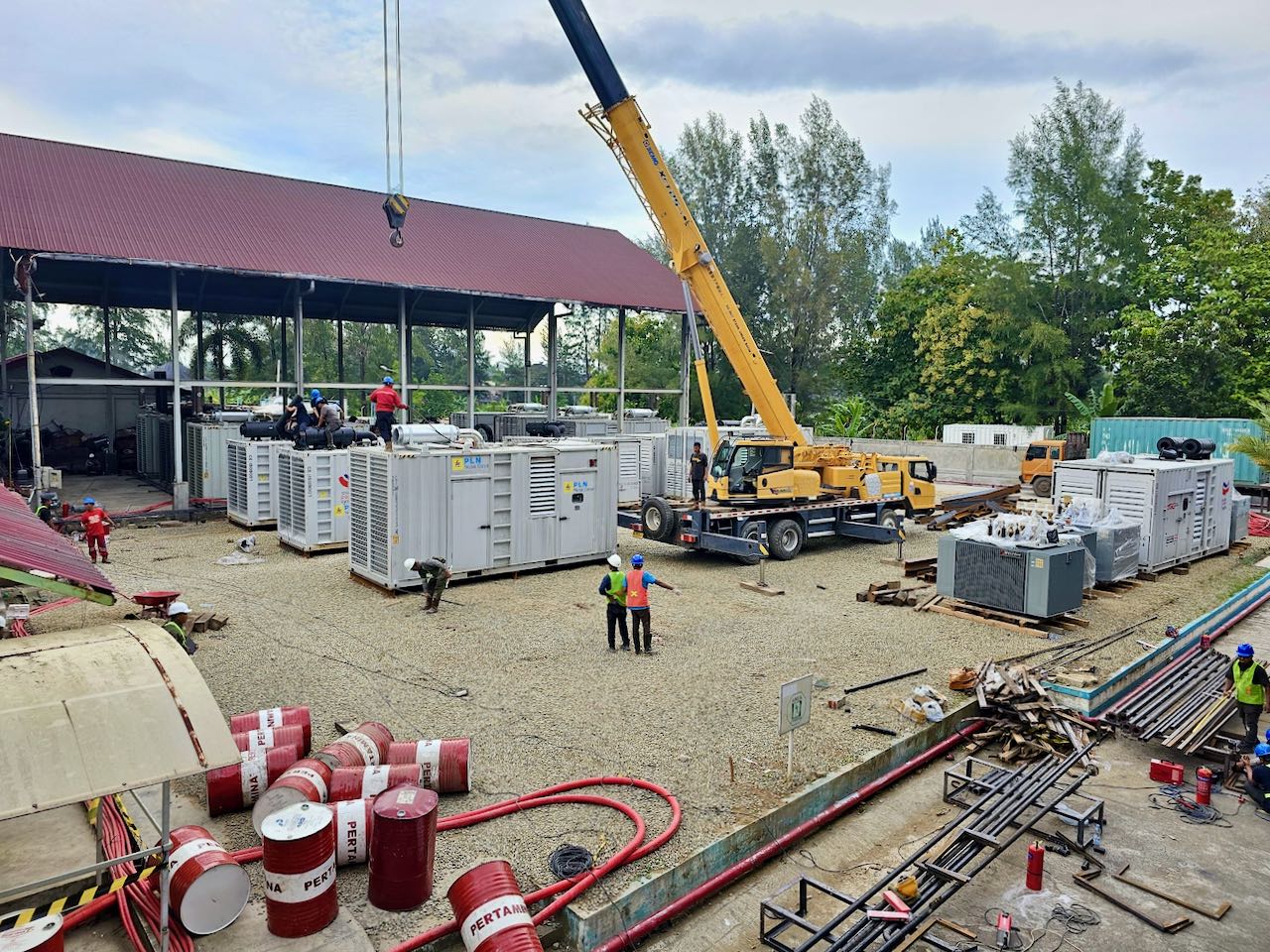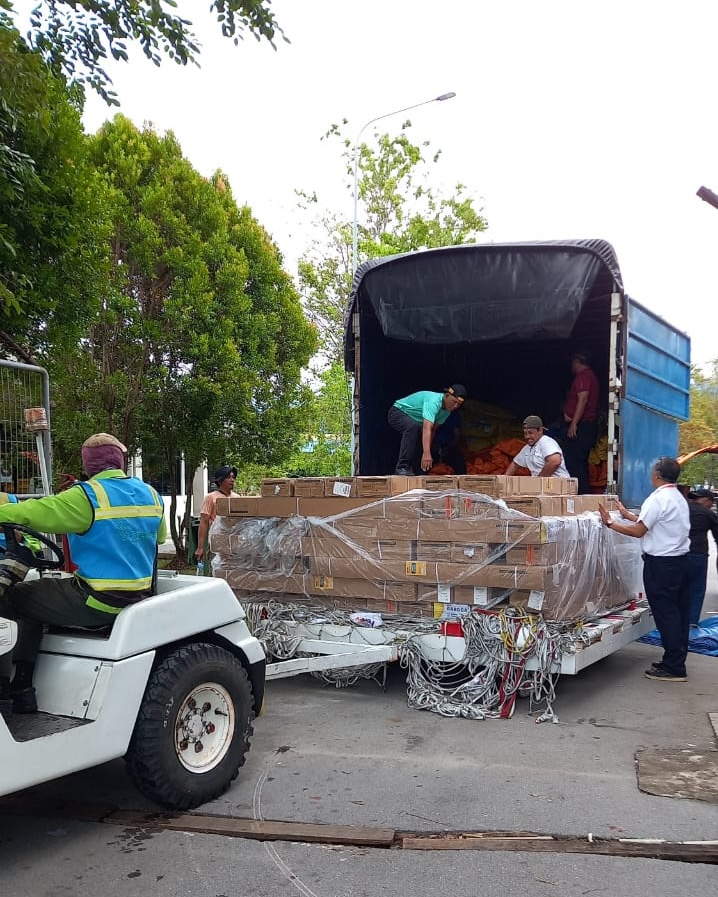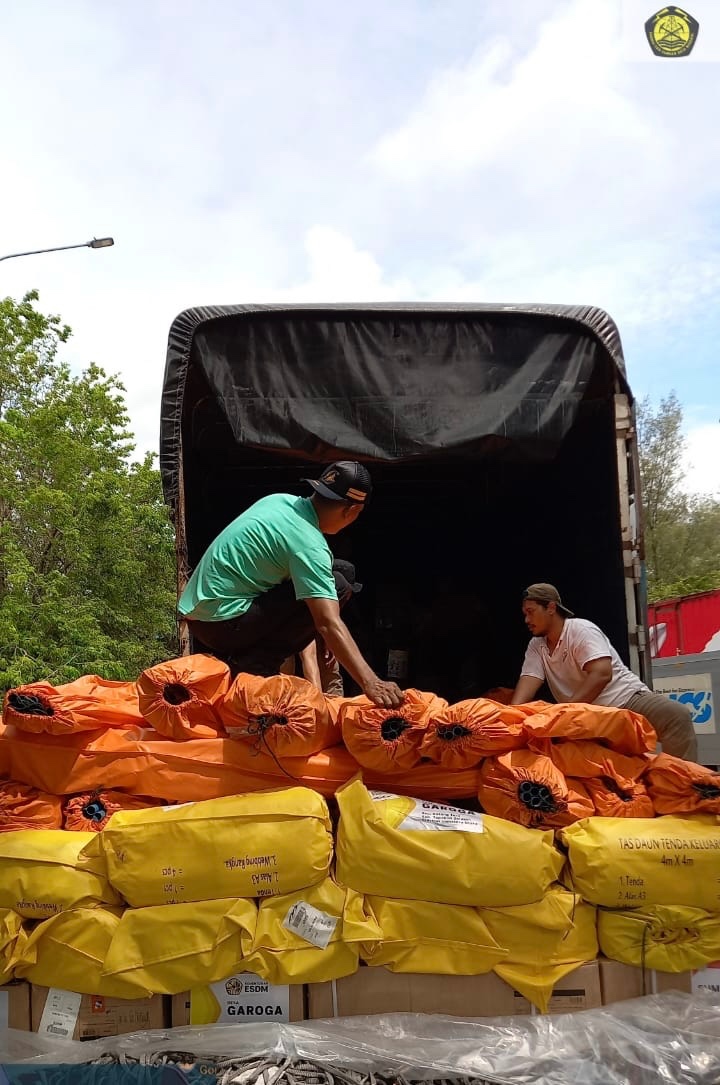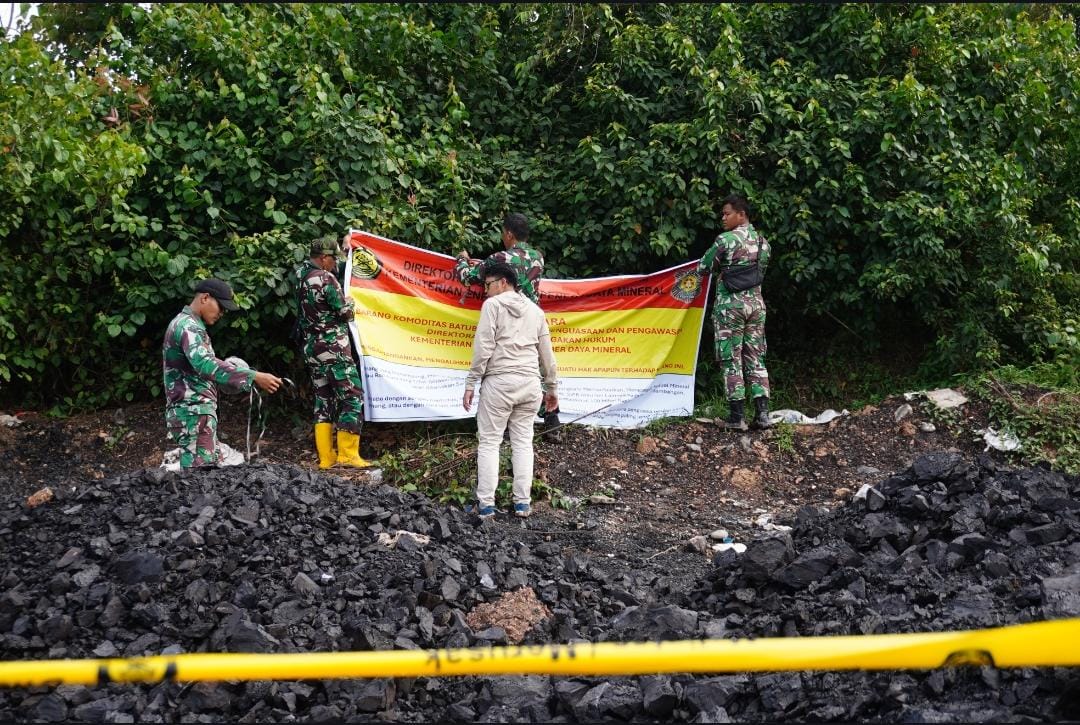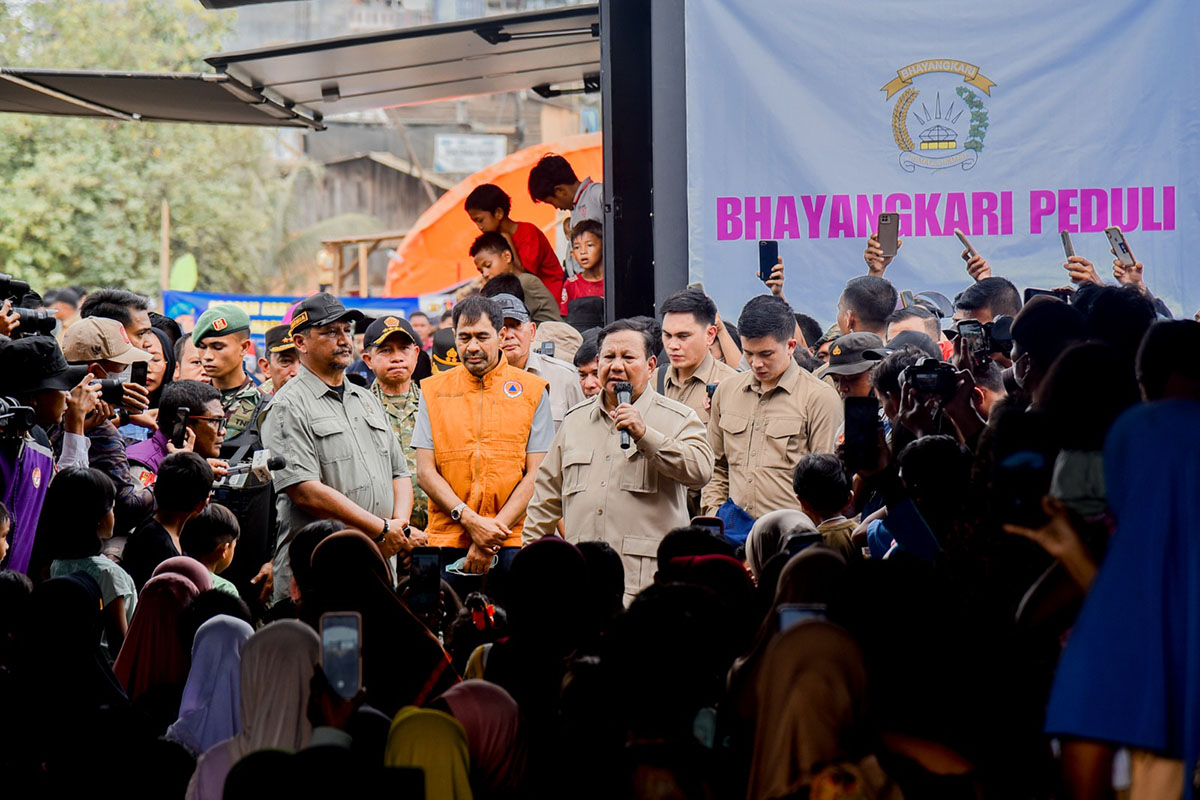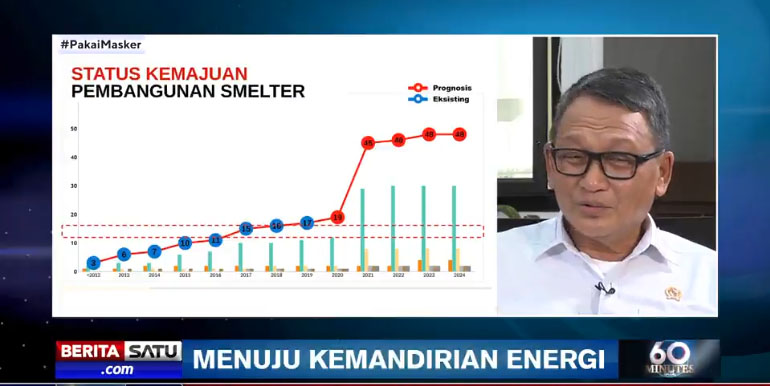
Downstream Processing, Key to Optimized Minerals Utilization
MINISTRY OF ENERGY AND MINERAL RESOURCES
REPUBLIC OF INDONESIA
PRESS RELEASE
NUMBER: 288.Pers/04/SJI/2020
Date: 24 September 2020
Downstream Processing, Key to Optimized Minerals Utilization
Law Number 3 of 2020 on Amendment to Law Number 4 of 2009 on Mineral and Coal Mining has mandated there will no more exports of raw materials. Development of downstream industry in the mineral and coal sector, said Minister of Energy and Mineral Resources (EMR) Arifin Tasrif, is the key to optimizing mineral and coal mining products.
"In this (mining) sector, if we want to optimize the products, we must encourage downstream processing, how we can process these raw materials into advanced products with higher added value. This is what we have to do, increasing added value by downstream processing," said Minister of EMR Arifin Tasrif on Wednesday (23/9).
According to Mr. Tasrif, the downstream policy must be responded by strengthening the downstream industries because these supporting industries will further process the results of the treated minerals.
"We must respond to the downstream policy by strengthening the downstream industries; these industries are what we must develop to process treated minerals," Mr. Tasrif explained.
The new mineral and coal law, continued Mr. Tasrif, has required that downstream programs be implemented. Thus, every mining product must be processed further; for example, coal products can be processed into synthetic gas for petrochemical industry, or the calorific value can be increased for steel industry.
Coal gasification can also be used to meet the gas needs of households. Minerals such as copper, nickel, gold, tin, bauxite and aluminum are raw materials for heavy industry; these minerals can be optimized for domestic use.
Downstream processing will be a major contributor to state revenue in the future. "Even when mining products are only half-way treated, they have generated large revenue. To take one example, we have received USD10 billion from nickel. State revenue from minerals will continue to expand in line with the growth of the downstream industries that increase minerals added value," the Minister concluded.
The downstream product policy is a national strategic policy to increase added value and state revenue. The Ministry of EMR has projected that by 2022, there will be 52 smelters in operation, made up of nickel smelters (29), bauxite (9), iron (4), copper (4), manganese (2) as well as zinc and lead smelters (4). (IY)
Head of Bureau of Communication, Public Information Services, and Cooperation
Agung Pribadi (08112213555)
Share This!

